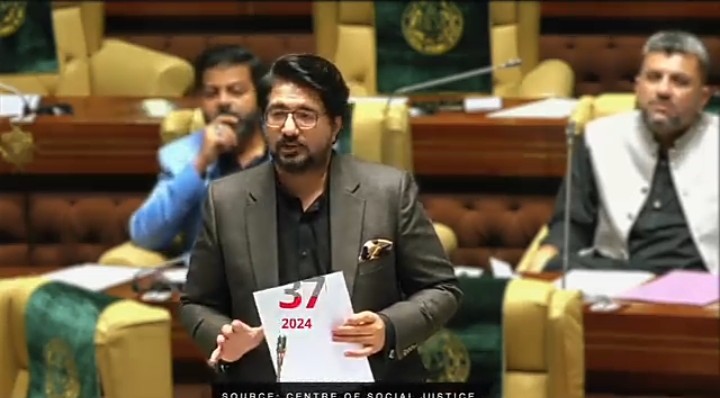August 3, 2025 — Sindh🇵🇰:: Another troubling case of alleged forced religious conversion has emerged from Sindh, casting renewed scrutiny on the safety of religious minorities in Pakistan. On August 3rd, a Hindu woman was reportedly coerced into converting to Islam at the controversial Bharchundi Sharif shrine, long accused by rights groups of facilitating such conversions under the guise of religious outreach.
Sources from the local Hindu community confirmed that the woman, originally from a poor family, was taken to the shrine where she was renamed Zarina Bibi and issued an official conversion certificate. According to family members and community leaders, the conversion was not voluntary but the result of false promises and sustained pressure—tactics that critics say are all too familiar in the region.
“This isn’t faith — it’s coercion, signed and sealed,” said one local activist, who spoke on condition of anonymity due to fear of reprisal. “Every few weeks, we hear of another girl being taken, converted, and married off. It’s not just a human rights issue; it’s a systemic failure to protect minorities.”
The Bharchundi Sharif shrine, located in Ghotki district, has been the focus of international condemnation for over a decade. Human rights organizations, including Amnesty International and Human Rights Watch, have documented numerous cases where Hindu girls, particularly from marginalized and impoverished families, were allegedly abducted or lured under false pretenses, only to later appear in court claiming conversion and marriage.
Local police and religious clerics often cite “consent” in these cases, but critics argue that socioeconomic vulnerabilities, lack of legal protections, and community pressure strip these so-called conversions of any real choice.
Pakistan’s Hindu community, which makes up less than 2% of the country’s population, has repeatedly appealed to the government for stronger protections and judicial oversight. While laws exist on paper to prevent forced conversions, enforcement remains weak and inconsistent.
As news of the recent conversion spreads, civil society groups are calling on authorities to investigate the case thoroughly and provide immediate protection to the woman’s family.
“Religious freedom is meaningless if it doesn’t include the freedom not to convert,” said a representative of the Human Rights Commission of Pakistan. “Pakistan cannot turn a blind eye to what is happening in its own backyard.”
Despite mounting evidence and international attention, meaningful reforms remain elusive. For now, fear and uncertainty continue to hang over minority communities in Sindh—particularly for young women from impoverished Hindu families, who too often find themselves caught in a cycle of silence, stigma, and institutional neglect.
For more updates and detailed coverage of this case and other issues affecting the Hindu and Sindhi communities in Sindh, Pakistan, stay tuned to Sindh Renaissance.






